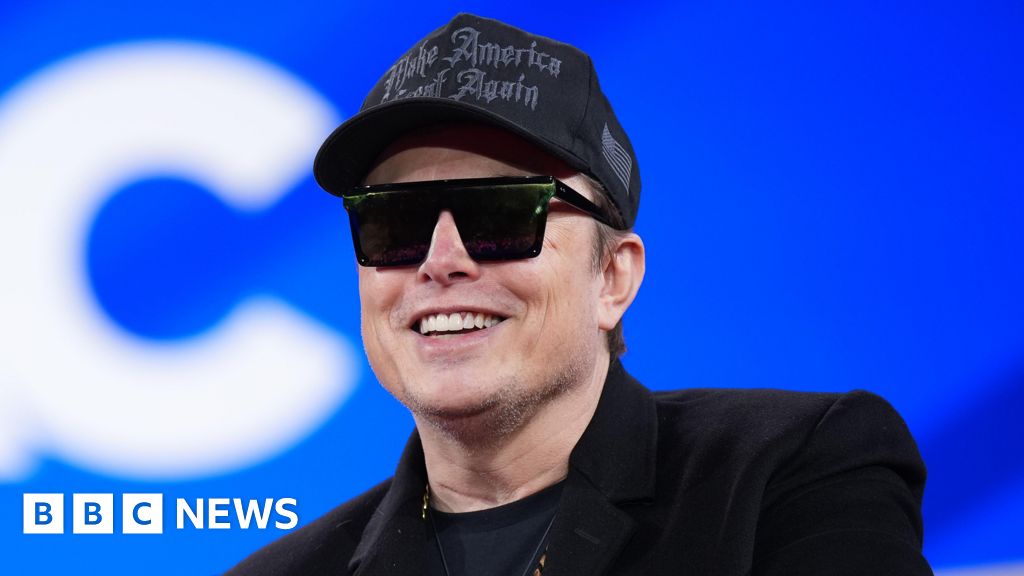The CEO Who Fired 80% of His Team to Embrace AI: Was It Worth It?

What if you were faced with an existential crisis at your company that required you to fire 80% of your team? Eric Vaughan, the CEO of IgniteTech, did just that in pursuit of a daunting transformation marked by AI. In an audacious move that has the tech world buzzing, Vaughan ripped apart his enterprise-software powerhouse to build it anew, convinced that embracing generative AI was not just beneficial, but critical for survival.
As 2023 unfolded, Vaughan found himself staring at a staff that wasn’t entirely on board with the seismic shift toward AI. “In early 2023, we saw the light,” he revealed in an interview with Fortune, recognizing an imminent inflection point that every company must navigate to avoid being left behind. His conviction? Ignoring this shift could mean doom for even the most established enterprises. With this belief, he gathered his global team for an all-hands meeting, disseminating a stark message: the future of IgniteTech would revolve entirely around AI.
“We’re going to give a gift to each of you,” he announced, rolling out a massive investment in tools, education, and new projects aimed at pivoting everyone towards AI proficiency. Every Monday became “AI Monday” where all employees, regardless of their role, focused solely on AI projects. Vaughan understood that building a culture around AI was essential, and thus, 20% of the payroll went to mass-learning initiatives. But it wasn’t sunshine and rainbows; resistance bubbled up, with technical staff often leading the charge against the shift.
Vaughan discovered that the friction he faced wasn’t just about technological apprehension; it was rooted in fear of job loss and skepticism about the tools being offered. WRITER’s 2025 enterprise AI adoption report highlighted that one in three employees admitted to sabotaging AI initiatives, particularly among younger workers. This environment of distrust made Vaughan realize he couldn’t just compel someone to change their mindset—he needed to recruit individuals who were already aligned with this vision.
Eventually, significant hires, including IgniteTech’s chief AI officer, Thibault Bridel-Bertomeu, helped reshape the company. All divisions began reporting into the newly centralized AI organization, resolving many issues surrounding siloed efforts typical in AI adoption. By the end of 2024, IgniteTech launched two innovative AI solutions, including an AI email automation platform, all while maintaining strong financial performance with a near 75% EBITDA.
Vaughan’s bold moves serve as a critical lesson in change management; while the pain was palpable, the results were extraordinary. However, his experience has sparked a broader conversation within the tech community on the best strategies for AI integration. Should companies opt for mass retraining or radical layoffs? As seen with Klarna’s recent pivot to rehire, the approach can vary widely and the stakes are enormous.
Despite the challenges, Vaughan remains steadfast in his belief that radical change is necessary for survival in today’s fast-paced tech landscape. “This is not a tech change. It is a cultural change, and it is a business change,” he insists. The journey may be fraught with difficulty, but at IgniteTech, they’re all rowing in the same direction now, steering towards a future that’s undeniably AI-driven.



























